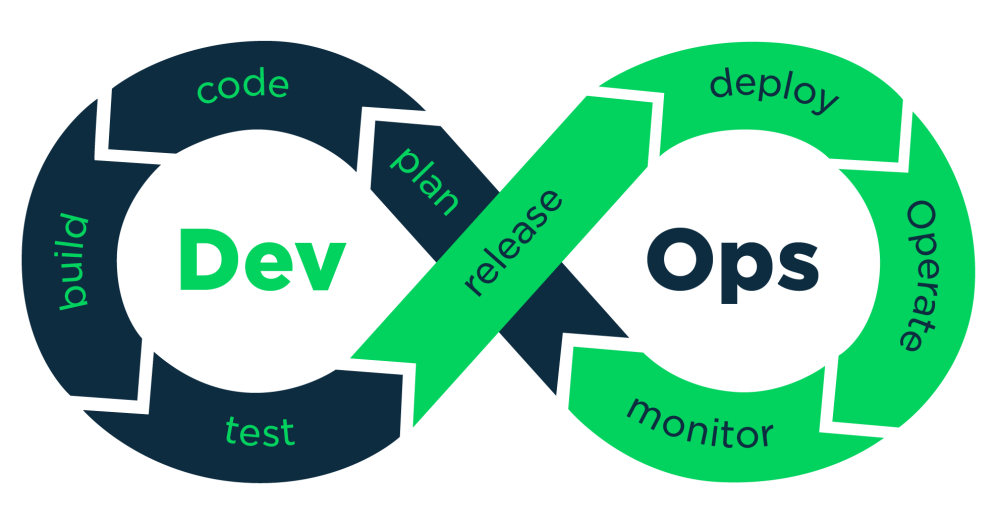- info@sparksensesolutions.com
- (+1) 346-636-1322
89-23 Pontiac street queens village, NY, 11427

As software development and delivery velocities increase, the ability to rapidly update systems while maintaining high quality and stability is crucial. Traditional silos between development and operations hinder this capability.
As software development and delivery velocities increase, the ability to rapidly update systems while maintaining high quality and stability is crucial. Traditional silos between development and operations hinder this capability.
DevOps bridges this gap through a philosophy advocating automation, collaboration, measurement and sharing of knowledge across teams. Though practices vary greatly, certain principles consistently underpin high-performing DevOps organizations.
Routinized processes impede agility when performed manually. Script configuration management, builds, testing, releases and monitoring/remediation procedures. Automated pipelines activated by version control check-ins streamline workflows.
Version control all environment specifications, dependencies and configurations rather than manual provisioning. Infrastructure replicas reproduce identically across stages. Templates initialize any environment on demand. Updates rollout controls eliminate discrepancies.
Developers integrate code changes regularly through automation running full test suites upon each check-in. Quick feedback reduces bugs, encourages modularity and prevents integration issues. Well-tested code enables fearless refactoring through version control.
Instrument applications, middleware and operating systems for uptime, errors and performance. Alerts trigger upon anomalies. Visual dashboards provide insights into service quality. Share data across teams to inform decisions. Track key metrics over time through auditing.
Libraries hold common tasks like deployments, security scanning and database changes as reusable tools. Teams collaborate through a versioned codebase of Kubernetes manifests, Terraform templates, Ansible playbooks instead of siloed tools.
Representatives from development, QA, operations, information security and management collaborate to define processes together rather than work sequentially. Teams assume shared responsibility for the full software lifecycle.
Modular, loosely coupled services deploy independently through containerization. Resilient architecture isolates failures, enables scaling specific services, allows polyglot technologies and facilitates experimentation.
Shift left activities embed security considerations into artifacts, code reviews and automated scans incorporate security testing. Embed security as responsibility across teams rather than an afterthought.
● By adopting foundational DevOps tenets like automation, collaboration, measurement and infrastructure as code, IT organizations can establish delivery pipelines unifying development, testing and operations for rapid, reliable software and system updates at scale. Unified processes drive organizational agility.
● Open source tools and standardized platforms further collaboration by promoting consistency and reusable deployment assets.
● Canary releases validate changes on a small subset before full rollout, reducing risk. Feature flags selectively expose changes for safer A/B testing.
● On-call rotation schedules promote shared ownership and knowledge sharing between teams for rapid incident response.
● Self-service portals empower developers to deploy changes independently after compliance with policies and gateways.
● Build environments mirror production for realistic testing, closer replication reduces surprises. Controlled rollbacks enable fast remediation.
● ChatOps, Slack bots and other tools facilitate asynchronous communication across teams separated by time zones or physical locations.
● MLOps practices extend DevOps principles to machine learning workflows for reproducible results, elastic scaling and experimentation.
● Observability tools provide distributed tracing, logging and performance metrics for root cause analysis and optimization.
● Continuous delivery cultures establish deployment pipelines as trusted enablers of business rather than roadblocks.
● DevSecOps fully integrates security practitioners to bake security into development practices and enable innovation safely.